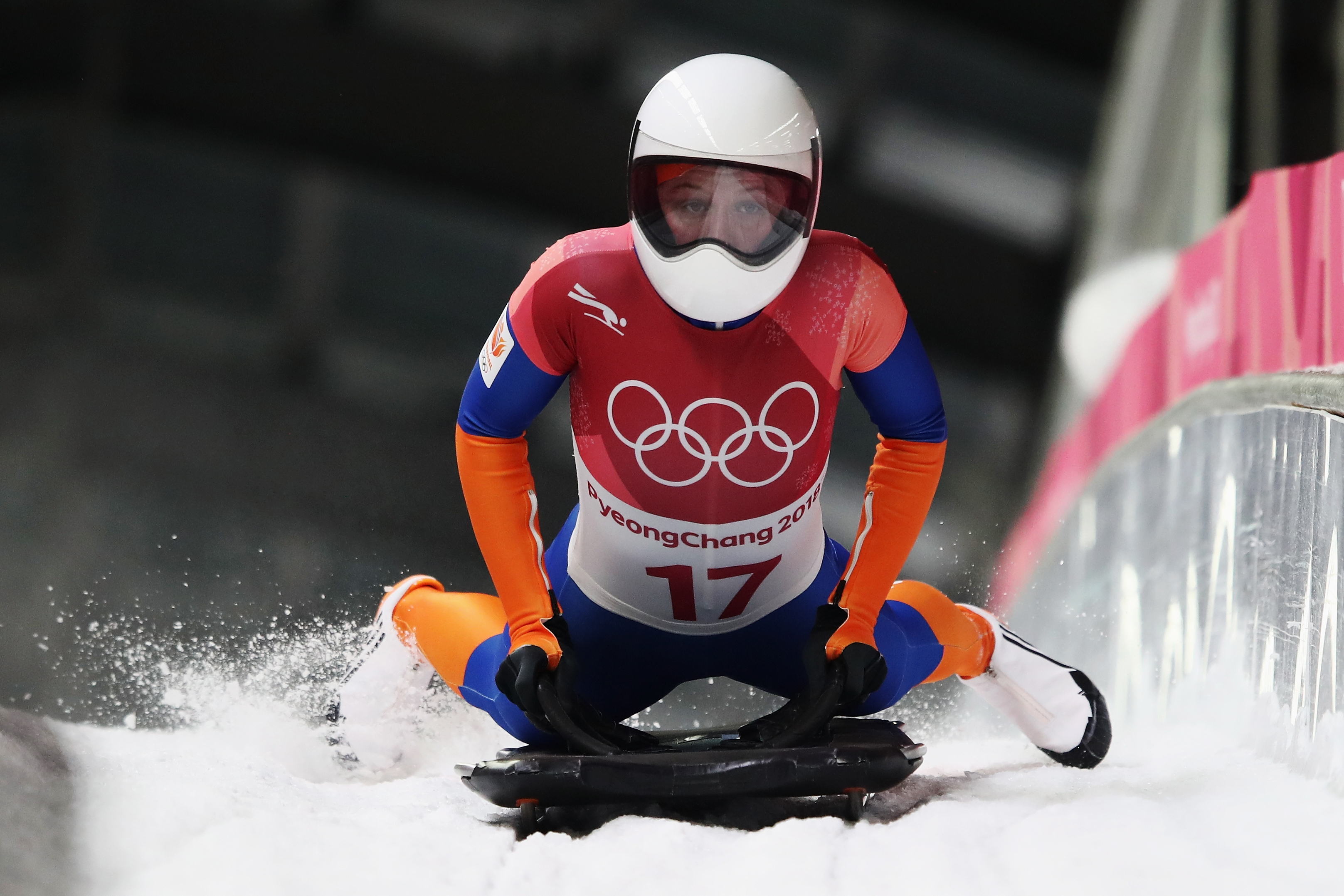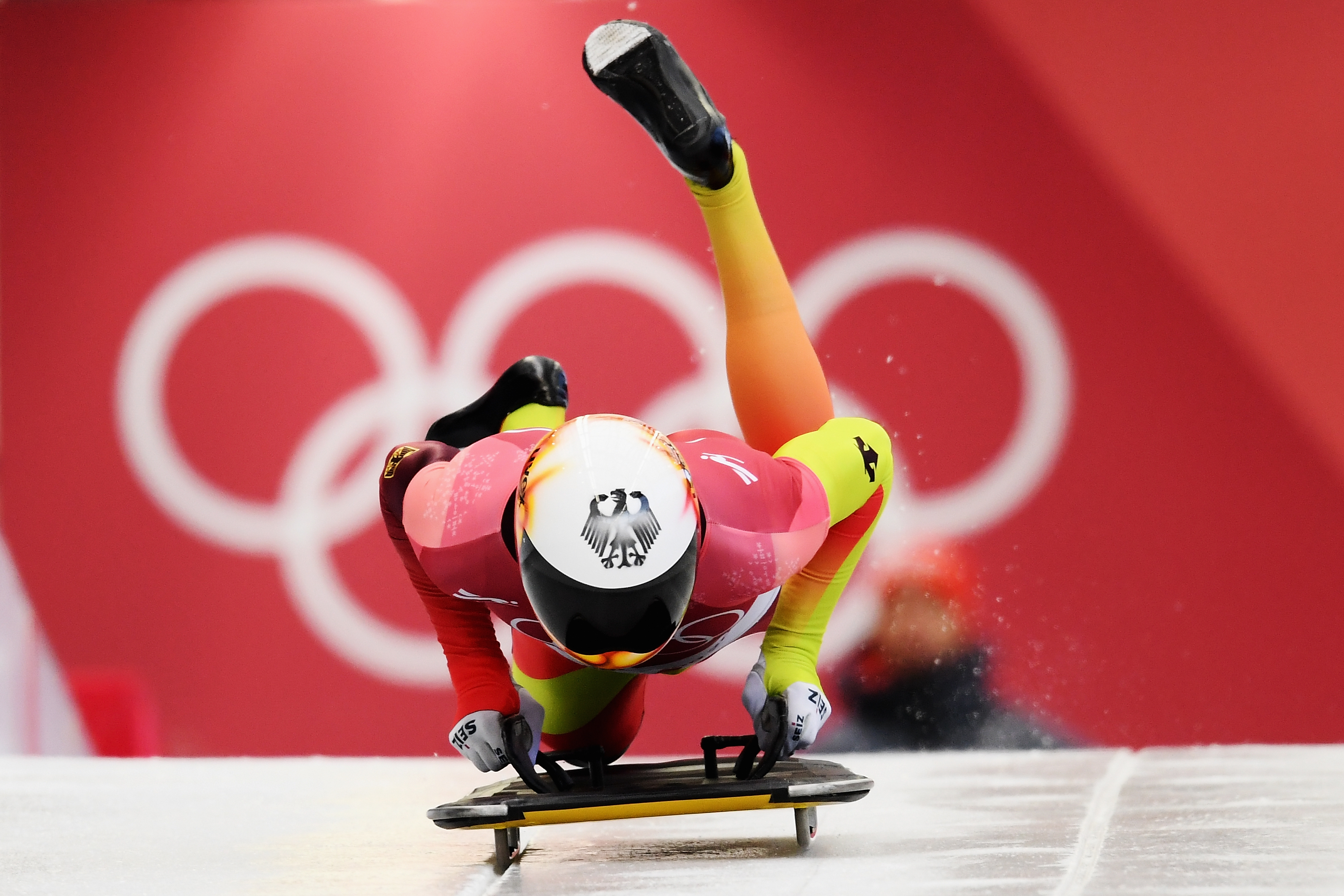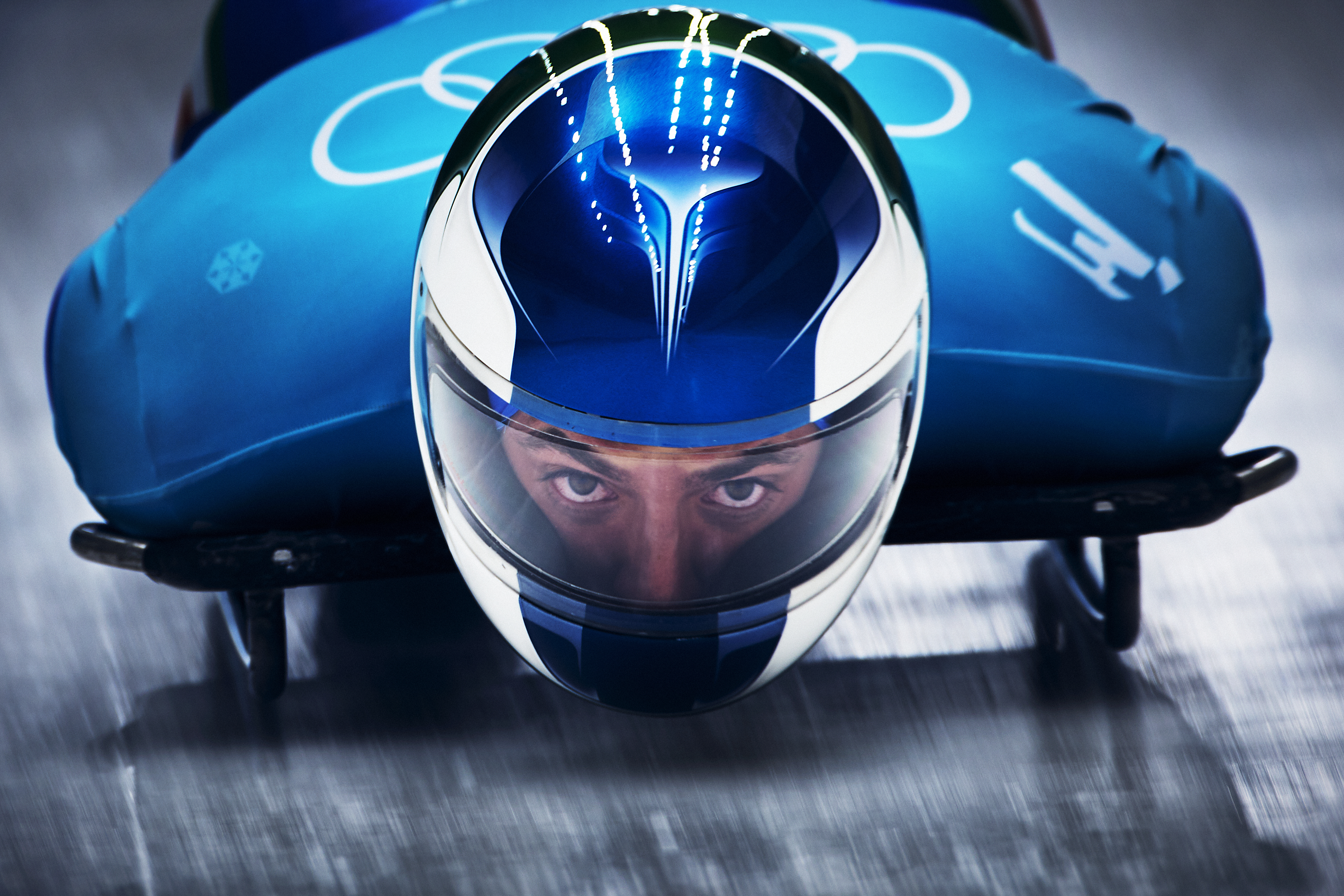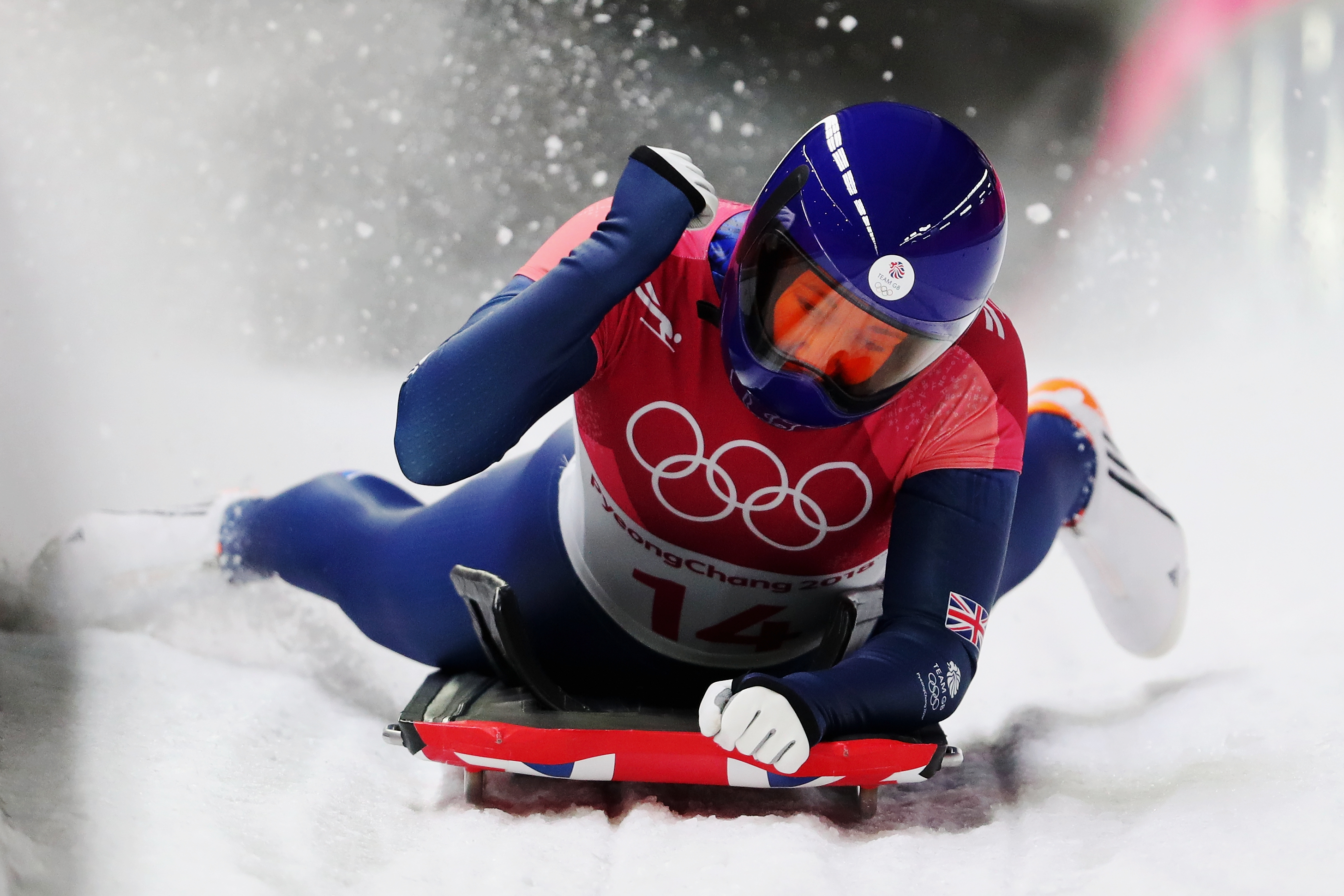You May Like This
Aerodynamics is skeleton's watchword. Let's find out more about its history, while we wait for the Olympic Winter Games Milano Cortina 2026
Athletes prone with their heads forward, whizzing by on a toboggan, on an icy slope, and hitting a speed of over 130km/h - what's not to love about skeleton?
One of the first disciplines included in the Olympic programme (with its first appearance in St. Moritz 1928), after a long hiatus, it returned to the limelight in the 2000s, earning a special place in the hearts of all Olympic Games fans.
How did this discipline, so similar to luge to the untrained eye, and yet so profoundly different, come about? Who are its greatest champions and what were the results at the last Olympic Games in Beijing 2022?
Here comes Fan26 to the rescue, to get you up to speed with skeleton!
A Brief History
Skeleton has its roots in the most popular of winter pastimes: sledging. In the mid-19th century, British and American holidaymakers built the first toboggan run in Davos, Switzerland, in 1882, and this is how tobogganing came to be.
Two years later, in 1884, the famous Cresta Run - a natural ice rink for racing toboggans - was built in St. Moritz, Switzerland (the rink has hosted the annual Grand National Championships since 1885). The 1887 Grand National Championship saw the first competitors slide headlong down the track.
In 1892, a new sled made entirely of steel was introduced, and some claim that its bony appearance gave the sled and the sport the name 'skeleton'.
Olympic Début
Men's skeleton was first introduced into the Olympic programme at St. Moritz 1928, and then again at the Olympic Winter Games 1948 (also in St. Moritz). However, due to the fact that at the time it could only be practised on the legendary Cresta Run, the sport faded into obscurity, while luge and bobsleighing became increasingly popular.
However, in 2002, skeleton was reintroduced as a men's and women's event at the Olympic Winter Games Salt Lake City, and has been an integral part of the Olympic programme ever since.
Italy is particularly fond of this discipline, since in St. Moritz 1948 Nino Bibbia won the first gold medal for the Italian national team in the history of the Olympic Winter Games. Bibbia was a greengrocer's boy, and unleashed his passion by jumping from the Cresta Run, which at the time was the only run available to test his skills in this discipline. By launching himself at over 100km/h, Bibbia went straight into Olympic legend!
A Sport That Speaks English
While Great Britain has won the most medals (nine) in Olympic skeleton competitions, the first place belongs to the United States (eight medals), with its four silver medals, against Great Britain's single medal, and then three golds for both, five bronze medals for Great Britain, and one for the US.
Great Britain is also the only nation to have won a medal every time skeleton has been part of the Olympic Games, and has earned at least one medal in each of the five women's skeleton competitions since its introduction.
Britain's Elizabeth Yarnold is the most successful athlete in Olympic skeleton history, with two gold medals, while the men's record is held by Aleksandr Tretyakov.

Kimberley Bos, Netherlands, Skeleton, Olympic Winter Games Pyeongchang 2018
Where Were We?
It seems odd that Germany, being such a powerhouse in bobsleighing and luge disciplines, only won its first Olympic medals in men's skeleton at the Olympic Winter Games Beijing 2022.
Christopher Grotheer got to the last Winter Games as favourite and reigning World Champion, and held a master class in how to strike gold. To be fair, the Olympic title was never in doubt for the Germans, with Grotheer's compatriot Axel Jungk - coming off several injuries in past Olympic Games editions - taking the silver medal.
There was great celebration in the stands when Yan Wengang won the first historic Olympic medal (bronze) for the People's Republic of China: a truly unforgettable Olympic moment.
Germany maintained its hegemony also in the women's event, with Hannah Neise winning gold and becoming the first woman to win a Skeleton event for Germany at the Olympic Winter Games. Jaclyn Narracott also made history by getting a silver medal, the first ever medal in Skeleton for Australia.
Reigning World Cup champion, Dutch Kimberley Bos, made an epic comeback from tenth place after the first run, and ended third on the podium.
At Milano Cortina 2026, Italy will try to relive their past glories, by focusing above all on the pair formed by Valentina Margaglio and Amedeo Bagnis, who performed excellently over the last few seasons in the World Cup and World Championships.
You wouldn't want to miss this one-of-a-kind show, would you? Click on the ticketing button on our website and enter the draw to secure the best tickets.

Christopher Grotheer, Germany, Skeleton, Olympic Winter Games Pyeongchang 2018
You May Like This













































































